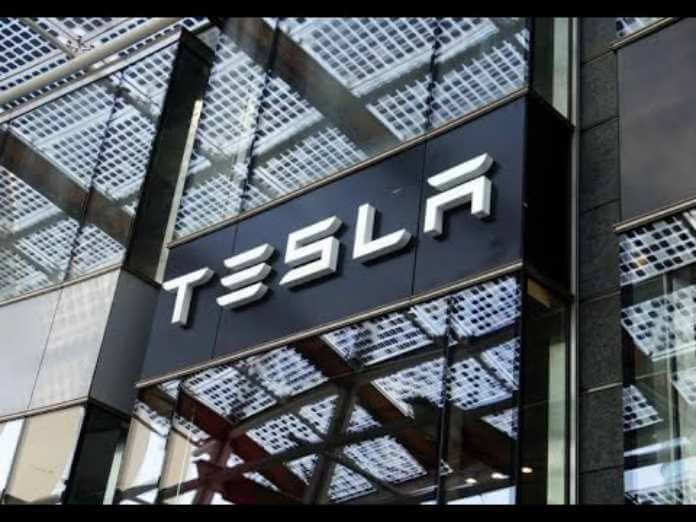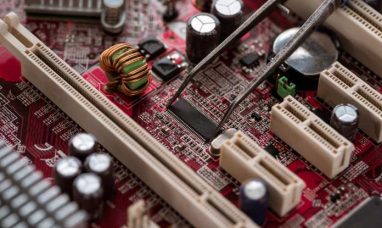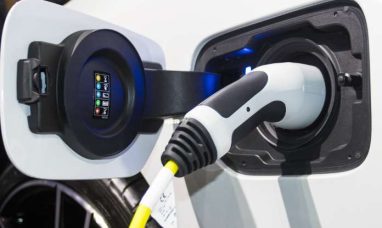Gary Black requests that they repurchase Tesla stock (NASDAQ:TSLA). Any stock can gain from share repurchases. After all, a corporation is just another share buyer, and stock values climb when there are more buyers than sellers.
Gary Black, a co-founder of FFND, wrote to Tesla’s board of directors with suggestions for how to use part of the company’s expanding cash reserves.
Part of Black’s letter said that “Tesla stock is currently priced at its lowest [price to earnings] ratio since Covid.” Now that the company has an investment-grade credit rating, we think it would be wise to seriously contemplate an aggressive $10 billion stock repurchase over a number of years.
Tesla’s debt has recently received an investment-grade BBB rating from S&P Global Ratings. Furthermore, having an investment-grade credit rating gives Tesla (NASDAQ:TSLA) additional access to cheaper financing.
Tesla Stock Valuation
After a difficult period for Tesla shares, Black wrote to Tesla. In the ten trading days before to the letter, shares fell by over 25%, bringing the stock’s valuation to less than 37 times projected 2023 profits.
That price is roughly as low as Tesla shares has recently traded. In March 2020, when Covid-related lockdowns virtually shut down the U.S. economy, shares were trading at about 30 times profits.
One use of any company’s free cash flow is buybacks. Theoretically, they function best when the company’s own shares have the largest possible return on investment. If there is a better use for the money, businesses shouldn’t be purchasing back inventory.
For a manufacturer, Tesla (NASDAQ:TSLA) is in an intriguing position. Wall Street anticipates that over the next three years, sales will increase by around 25% annually and that the world’s largest maker of electric vehicles would produce about $55 billion in free cash flow. What a large sum of money. Analysts believe that Tesla (NASDAQ:TSLA) doesn’t require the money to support its expansion.
The second reason growing businesses don’t buy back shares has been addressed in that sentence, but what about the first? Black estimated that the average yearly return on Tesla stock (NASDAQ:TSLA) buybacks is around 24% at current pricing. Any stock would be pleased with a return like that.
But it doesn’t end the argument for why Tesla should use any of its roughly $19 billion in cash to repurchase stock. In a recent economic analysis for a new Tesla factory, Baron Capital CEO Ron Baron claimed that Tesla produces $15 billion in profit annually from a plant that cost $7 billion. Building a factory and increasing output need time, but the internal rate of return on figures like that would be close to 100%. By that logic, Tesla ought to just construct plants as quickly as it can.
But that’s just one financial model. George Gianarikas, an analyst with Canaccord, isn’t convinced Tesla should repurchase stock either.
“We predict that Tesla has a very promising future for growth. “Management wisely allocating resources across Tesla’s multiple areas, including EVs, energy storage, solar, autonomy, [artificial intelligence] supercomputers, and robots, would be better served by the company’s long-term stockholders,” he told Barron’s. The added growth brought about by funding these firms would increase Tesla’s lead and growth, making it a much better use of cash than any brief uptick brought about by a repurchase.
Perhaps the board of Tesla won’t support share repurchases. The board might yet approve a single tranche of $10 billion. The business would have more freedom as a result.
A board is not required to immediately buy back stock after authorizing a repurchase. A business may seize opportunities. Black continued, “Tesla management can buy back more share when short-term noise is sinking shares, as is occurring now. “We would anticipate Tesla to buy back less shares as the price increases.”
It’s unlikely that a choice will be made soon. On the company’s scheduled Oct. 19 conference call to discuss its third-quarter financial results, the buyback issue could come up.
As of Friday’s trading, the price of Tesla shares had dropped 37%, compared to declines in the S&P 500SPX -1.18% and Dow Jones Industrial AverageDJIA -0.43% of 23% and 17%, respectively. In 2022, the average fall in auto and auto part stocks in the Russell 3000 IndexRUA -1.05% was nearly 38%. Friday morning premarket trading saw a 1.2% increase in Tesla shares.
Featured Image: Megapixl © Sergiomonti















